|
ABSTRACT:
The word "atom" (a-tomos) originates from ancient Greek philosophers, who argued that objects can be eventually divided into discrete, small particles, beyond which matter is no longer cuttable. Our search for the answer to "What the matter is made of" has gone a long way, from the first experimental evidence of atoms in the 1800's, to Rutherford's alpha scattering on gold foils, to modern day's linear accelerators looking into the atomic nucleus. We now understand that matter is made of quarks and leptons, currently named elementary particles (objects of no size) that form the foundation of the Standard Model of Particle Physics. However, if we look back at this journey, one may wish to oppose the view of the ancient Greeks and argue that quarks and leptons cannot be the end of the story, that our quest for peeling the atomic onion may be a timeless journey. |
Colloquium Friday, September 29, 2017 3:30 PM Physics Building, Room 204 Note special room. |
To add a speaker, send an email to phys-speakers@Virginia.EDU. Please include the seminar type (e.g. Colloquia), date, name of the speaker, title of talk, and an abstract (if available).
 Physics at Virginia
Physics at Virginia